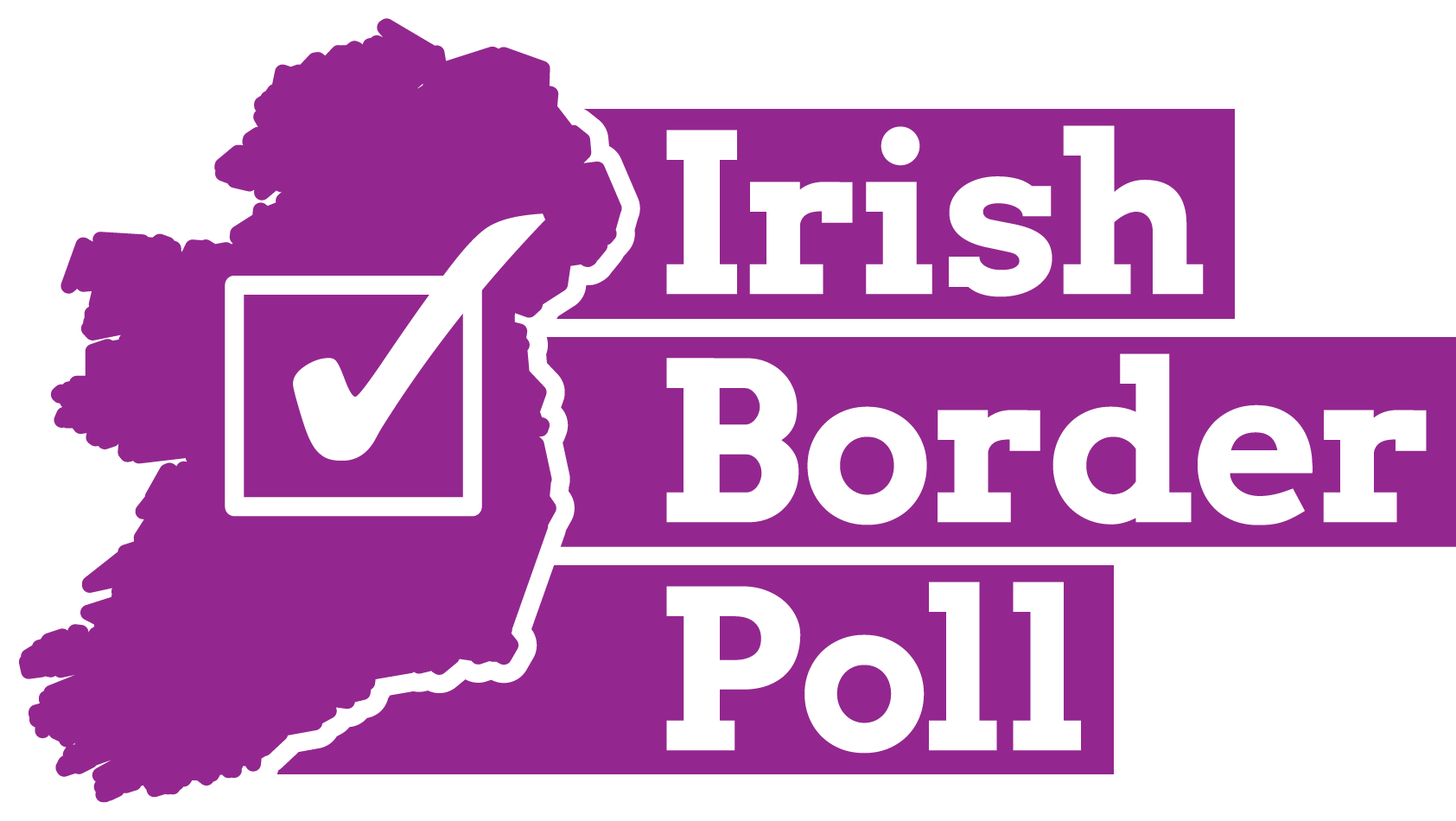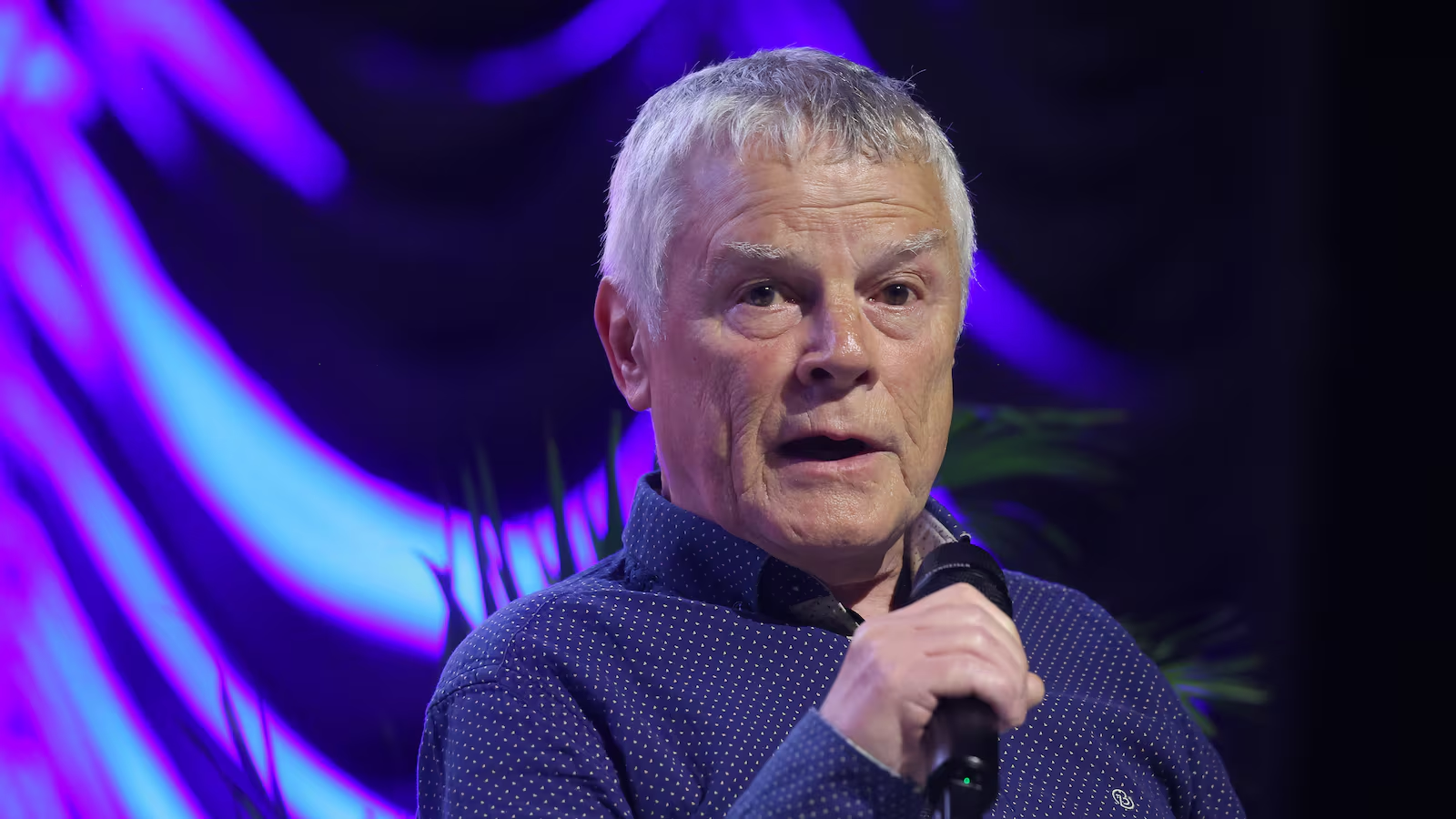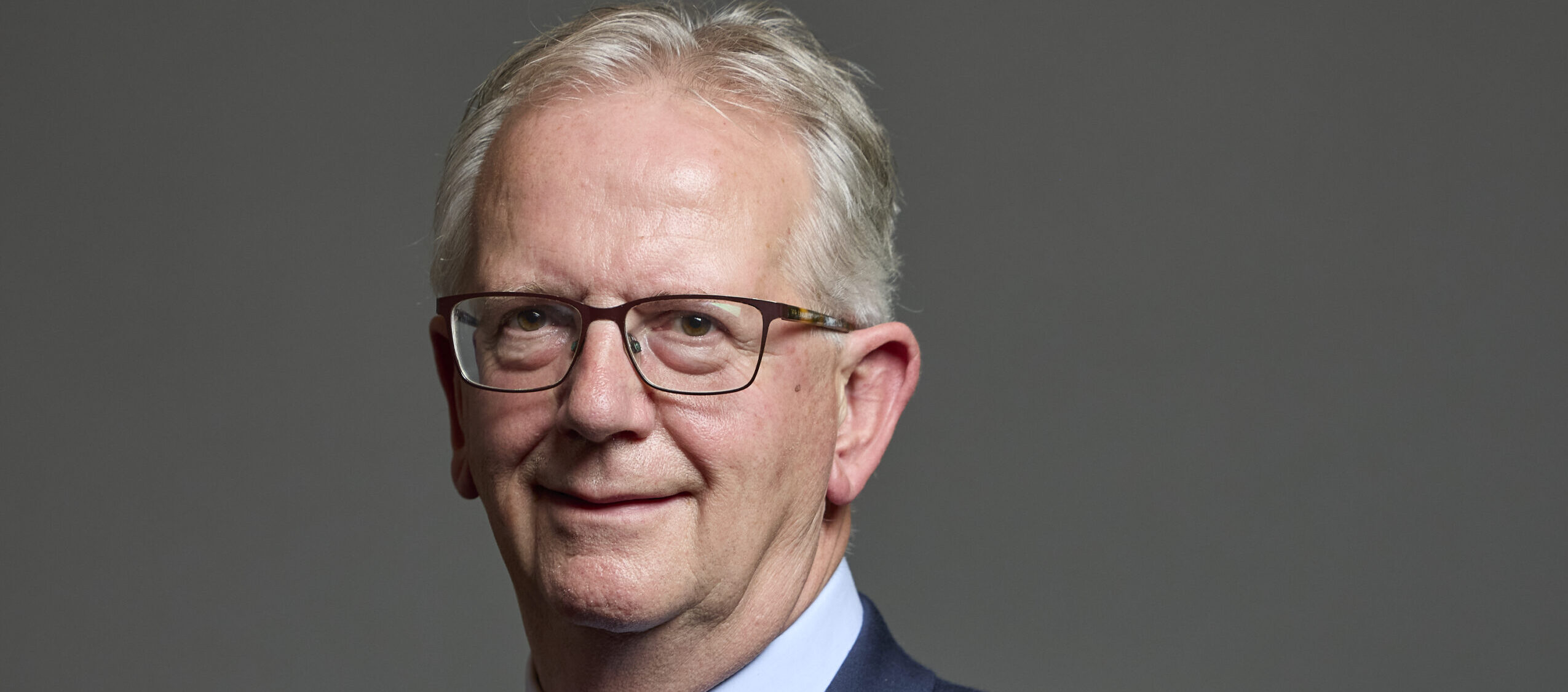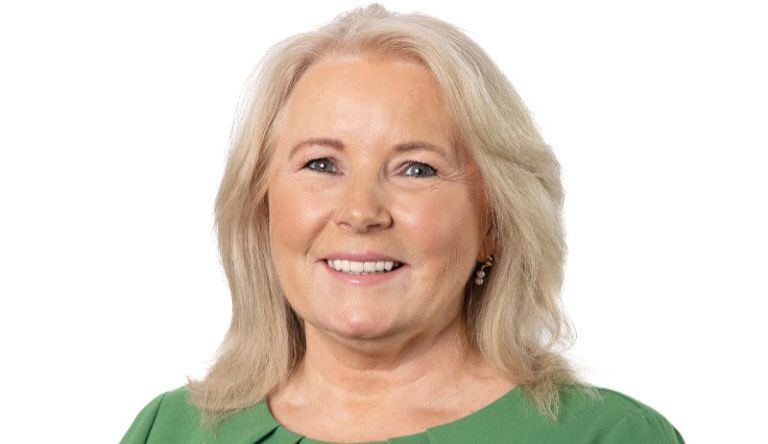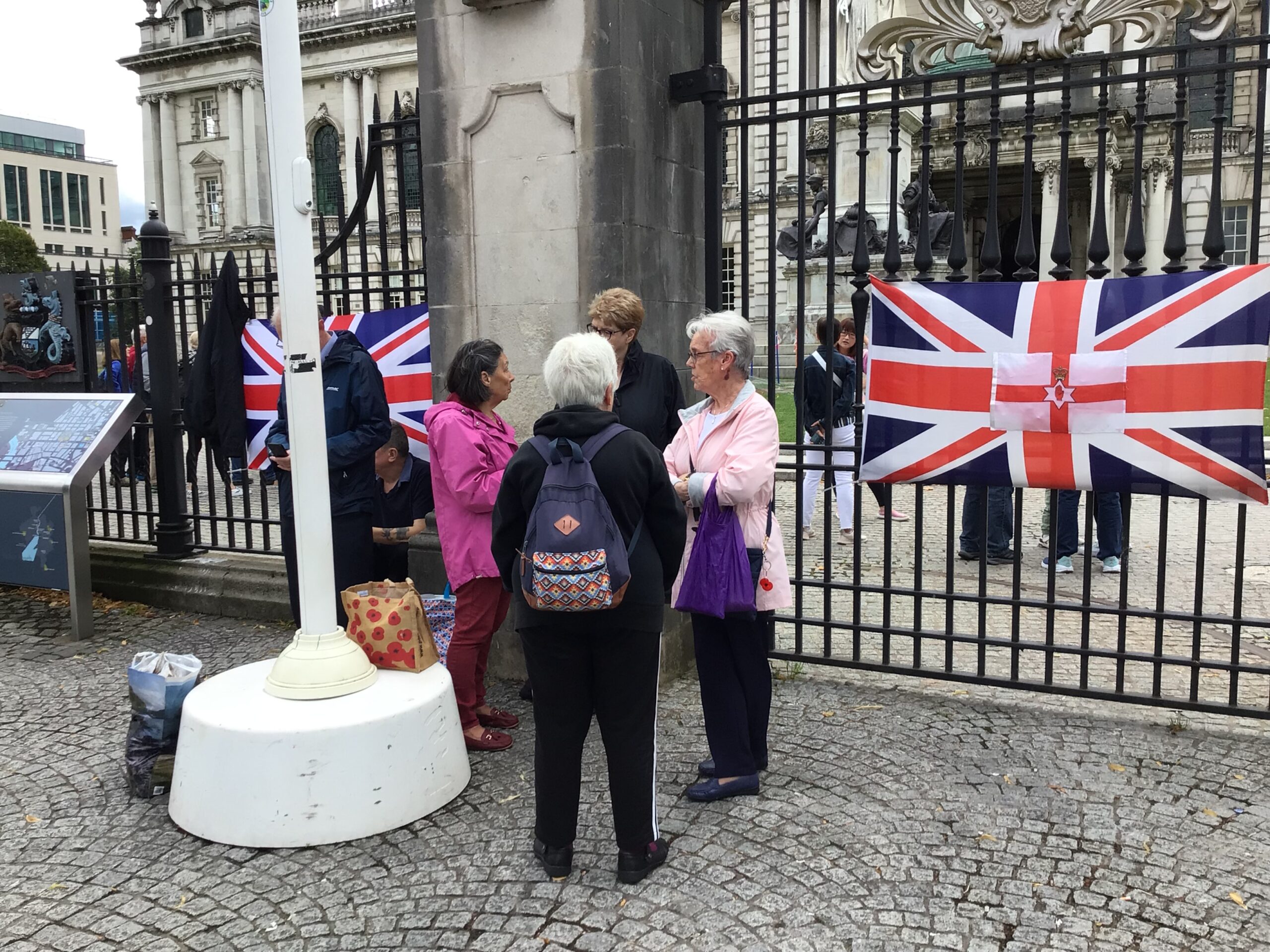Last week former loyalist David Adams spoke at the Ireland’s Future conference in Belfast. He deserves praise for doing so as do the organisers for inviting him. From the platform he was forthright in criticising United Irelanders for (in his view) ignoring and dismissing talk of reconciliation as a plot by unionism to make it a precondition before a border poll. To be blunt, I disagree with David’s interpretation and criticism.
The evidence supports the view that sections of unionism have manipulated the language of reconciliation in attempts to thwart a democratic border poll. They have done so by insisting reconciliation requires anti-democratic gimmicks like supermajorities and parallel consent as necessary for good community relations in a Unity referendum before they would accept a yes vote. Before I elaborate let’s hear some more of David’s critique.
“For an organisation like Ireland’s Future to totally ignore the need for reconciliation would have been bad enough. But worse by far, some of the most vocal leading lights have from the outset been expressing their opposition to it. They obviously believe, I think, that unionist, Protestant votes won’t be needed in any border poll. At first, calls for reconciliation to be progressed were dismissed as a plot by unionists to make this a precondition for a border poll. That to be quite honest is ridiculous!
After that it was – ‘No one really understands what reconciliation means’. “Really?” There’s not a fair minded, rational person in NI who can’t imagine what reconciliation would look like. And in my view the vast majority of people here are crying out for it. Then finally the claim was that reconciliation would happen as if by magic only after Ireland
became a unitary state. Does anyone seriously believe that 2 million unreconstructed Northerners can be injected into the political and social bloodstream of the progressive liberal democracy to the south of us and everything will be fine”?
Davey had had a go at ‘leading lights’ in Ireland’s Future for what he perceived as their rejection of reconciliation. I will let those people speak for themselves. I’m not in Ireland’s Future and I’m not a leading light but I have written previously in irishborderpoll.com explaining how unionists have tried to change the rules of a democratic referendum by wrapping their bad faith arguments up in the clothes of reconciliation and community relations. To be clear, I think
reconciliation is a public good in and of itself. But since the imposition of partition we have never had good community relations precisely because sectarianism was written into the DNA of partition. We do need to work hard at reconciliation. But unity and reconciliation are not antithetical. We can work for both in tandem.
Davey also warned about “two million unreconstructed Northerners” being injected into a United Ireland. There are not that many people living in the six counties yet. Of the 1.9 million population in the six counties give or take, 60% of the voters are either pro-Unity or undecided. That leaves approximately 40 % unionists Out of that cohort the percentage who say they would resist a United Ireland if people democratically voted for it in a border poll has continually decreased as research led by Brendan O’Leary and the ARINS project have shown. That’s not to say that we don’t have to keep working hard at reassuring unionists in the event of a yes vote for unity – of course we do. As O’Leary points out – we want the maximum amount of ‘losers consent’ possible.
Many good people from different political perspectives work for reconciliation in good faith. But it’s surprising that Davey never noticed high profile unionists/loyalists politicians deliberately and mendaciously weaponising the language of reconciliation to thwart a democratic path towards unity. Let me give some examples.
Speaking in Stormont former DUP leader Jeffrey Donaldson argued reconciliation required that any move towards a United Ireland should require the consent of both communities – in other words a unionist veto in a border poll. Donaldson followed this up by writing in the loyalist commentator James Bryson’s website proposing a requirement for parallel consent before any move to a United Ireland could take place.
In the British Parliament the DUP submitted a motion requiring a supermajority to be inserted into a border poll before a United Ireland could be achieved. When asked by the media was this not anti-democratic? Ian Paisley, the sponsor of the motion claimed that a supermajority requirement was necessary in order to safeguard reconciliation and community relations.
Unfortunately, a number of notable figures including author Padraig O’Malley, Times columnist Mathew Parris and former Irish Times writer Andy Pollack unwisely supported variants of this anti- democratic thesis. In essence, their logic was that changing the democratic goal post and allowing the pro-union side an undemocratic advantage was a price worth paying if it stopped the threat of loyalist violence and contributed to reconciliation. If they got their way the consequence would have been that a democratic 50 % plus one vote being sufficient to win a referendum would have bitten the dust.
In a historical context where political unionism had 50 years of a London government allowing them to get away with anti-democracy in the six counties uninterrupted, I don’t think nationalists have any need to apologise for vigilance. United Irelanders are well within their right to call out mendacious attempts to subvert the noble concept of reconciliation for partisan, selfish or anti-democratic ends. David Adams is a good guy but I contend his criticism of United Irelanders
on the question of reconciliation are misplaced.
